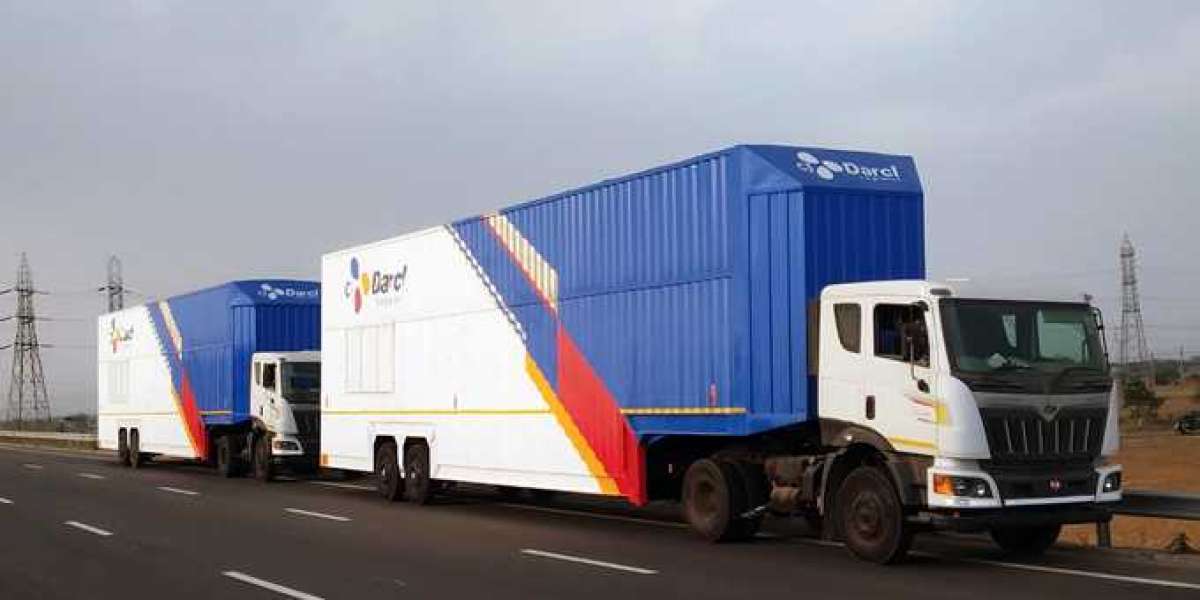In recent years, the logistics industry in India has undergone significant innovation, leading to improved supply chains, and leaving many amazed at the latest trends in the sector.
Last-Mile Delivery
The last-mile delivery presents numerous challenges, including traffic delays, customer preferences, government regulations, and delivery density. To overcome these challenges, companies are increasingly using drones to deliver goods and parcels to any part of the country, almost without defects. Drones reduce the need for fuel and energy in traffic congestion, increase coordination from shipment to delivery, and reduce costs. Smart lockers are also being used to secure products from adverse weather conditions and to address customer unavailability issues.
Blockchain
Blockchain technology is a digital ledger that records and stores duplicated transactions across an entire network of computer systems. It is a series of encrypted "blocks" interlinked in a public chain, creating a trustworthy environment for users, assuring 100% forgery and modification-free data, documents, and transactions. The Blockchain in Trucking Alliance (BiTA) is responsible for around 85% of truck-based transactions worldwide. Blockchain helps customers and suppliers track order visibility and increases efficiency and effectiveness by observing vehicle performance history.
Internet of Things (IoT)
The logistics sector is known for its complexity, but with the assistance of Internet of Things (IoT) technologies, it can become more efficient and profitable. By utilizing IoT devices, the storage process at warehouses and the shipping process from ports to manufacturers and end customers can be significantly more organized and cost-effective.
Big Data Data Analytics
A good pool of analyzed data is useful for enhancing warehouse productivity, performance management, and optimal utilization of logistical resources. The data collected from observing resources, weather, and fleet schedules improves route and delivery planning. Ample market data helps optimize supplier pricing, inventory levels, and extract risk management reports. Data is undoubtedly a crucial ingredient in the success of many companies today.
Cloud-based Systems and Integrations
The automotive logistics industry is continuously evolving in India, thanks to the adoption of innovative technologies that have streamlined workflows, enhanced data storage and transfer, and improved financial management. With the development and distribution of new cloud-based systems and integrations, logistics businesses can benefit from quicker and more secure information storage and transfer, enabling better control over finances.
Financial service providers are also stepping in to assist carriers with custom technology integrations, allowing for faster payment processing and ultimately helping businesses save time, reduce costs, and benefit from smoother operations.
In conclusion, the logistics industry in India is experiencing a transformative shift due to the widespread adoption of innovative technologies, which is making the role of a logistics service provider increasingly vital. These technologies include automation, cloud computing, the Internet of Things (IoT), and artificial intelligence (AI), among others. Logistics service providers that can effectively leverage these technologies are in a better position to enhance their service offerings, optimize their supply chain networks, and improve their operational efficiency. By doing so, they can meet the evolving needs of their customers and gain a competitive edge in the market.
